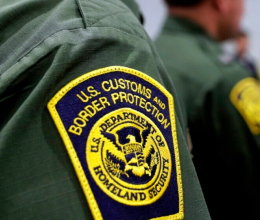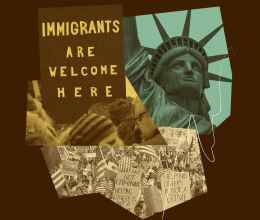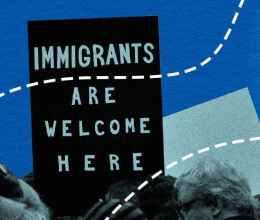
The Fourth Amendment of the U.S. Constitution protects people from random and arbitrary stops and searches. But U.S. Customs and Border Protection (CBP), which includes U.S. Border Patrol, operates broadly in border areas.
The agency claims authority to conduct operations as far as 100 miles from the U.S. border, which includes international land borders and the U.S. coastline. All of Maine is within this 100-mile zone, and CBP claims the power to conduct patrols and operations across the entire state. However, you still have rights, and there are important legal limitations on what CBP can do.
U.S. Immigration and Customs Enforcement (ICE) also conducts operations in Maine. Know Your Rights when interacting with ICE and in other situations here.




